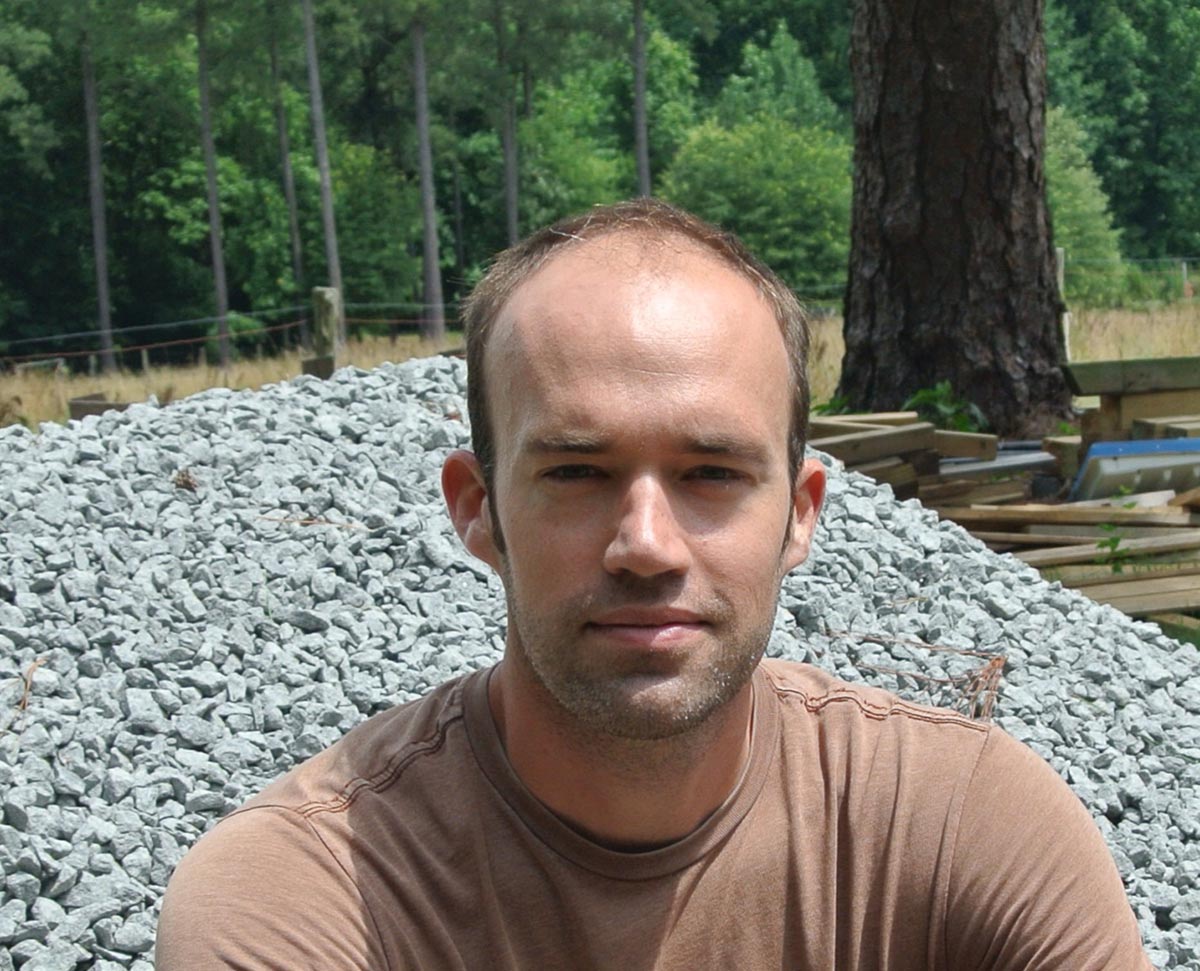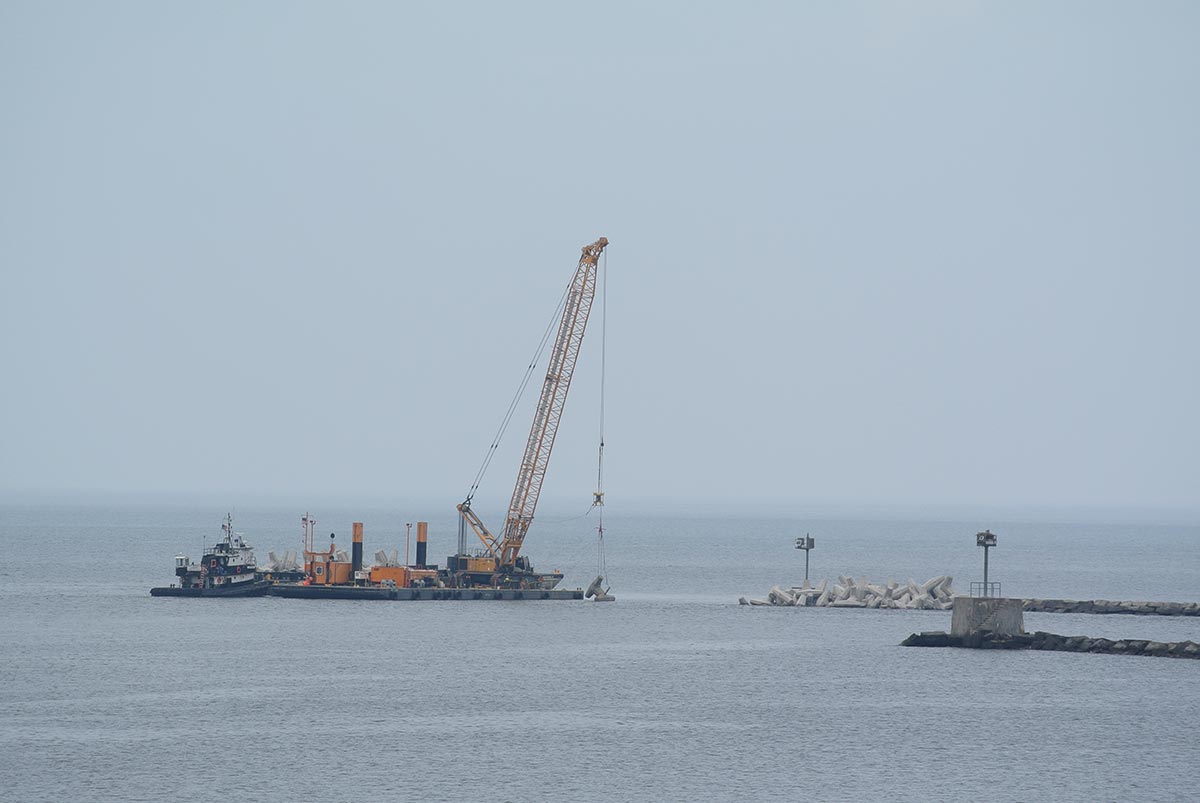Sedimental journey: Davis leads 'Port Futures' workshop
By Blaine Friedlander
Cornell’s Brian Davis will co-lead the “Port Futures” workshop at the upcoming, weeklong DredgeFest Great Lakes 2015, Aug. 14-22 in Minneapolis.

The event brings together government agencies, academics, designers, theorists, industry experts, students and the public for a symposium, field expeditions and design workshops on the human manipulation of sediments.
Dredgefest Great Lakes is the third of four events looking at cultural, economic and environmental issues brought together by dredging on the four coasts of the United States (East, West, Gulf and Great Lakes). Each event considers dredging issues germane to those regions, including water quality, navigation infrastructure, turbidity, habitat restoration, marsh terracing, land loss and barrier island reconstruction.
Davis, a Cornell professor of landscape architecture who specializes in the built environment, explains that the “Port Futures” workshop will be a pragmatic effort to develop tools and solutions for the challenges and issues facing Great Lakes ports in the face of changing economics and climate, and will bring together designers, engineers and port operators from across the region. A member of the Dredge Research Collaborative, he is a key organizer of DredgeFest Great Lakes, as is Sean Burkholder of the University at Buffalo.
“The Great Lakes compose the largest source of fresh water in North America. At once landlocked and international, its lakes and landscapes have been extensively modified by human settlement and use,” said Davis.

As humanity alters environments around the Great Lakes, the ecosystems, bathymetry and water quality continue to change. “These processes present profound implications for the design, planning and management of a wide range of regional landscapes, from industrial ports to wildlife areas,” said Davis. “To preserve and restore healthy environments and negotiate with the changing economics realities, we are working to develop innovative decision-making tools to maintain thriving ports in the region as part of a healthy Great Lakes system.”
Davis continued, “We see design as one of the disciplines able to bring together a wide array of viewpoints, agendas and forms of expertise, and think that synthetic approach is essential to work on today’s complex problems.”
Other DredgeFest design workshops include “Adaptive Devices,” on instruments and tools in dredging operations; “Modeling Dynamics,” which surveys modeling efforts relative to the St. Clair River, the 40-mile-long strait that drains Lakes Michigan and Huron; and “The Interface Scale,” which examines dredging as an opportunity for designers to create new landscape forms, functions and experiences. Cornell students attending DredgeFest Great Lakes will be Amelia Jensen, MLA ’16; Garrett Craig-Lucas ’16; Kyle Sitzman, MLA ’17; Alice Sturm, MLA ’17; and alumni Morouj Akbar, MLA ’15 and Petra Marar, MLA ’15.
Media Contact
Get Cornell news delivered right to your inbox.
Subscribe